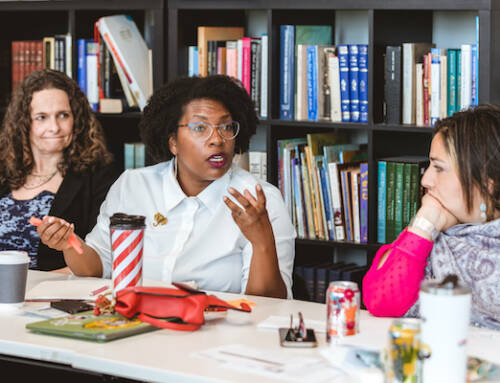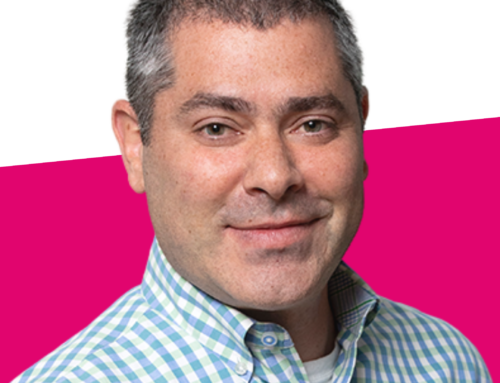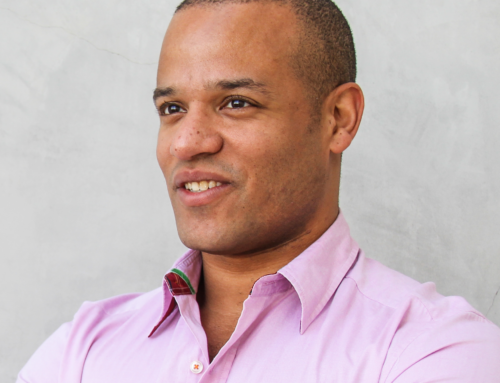An Editorial from the Jweekly
August 8, 2013
by Zelig Golden
While often providing a meaningful initiation into Judaism, today’s b’nai mitzvah experience does not meet the urgent needs of many teens, studies reveal. Upwards of 60 percent of Jewish youth consider their b’nai mitzvah to be an end rather than a beginning of their Jewish journey because it fails to touch them personally.
The Brandeis University study “Jewish Adolescents: American Teenagers Trying to Make It” concluded in 2000 that b’nai mitzvah education misses the mark because it fails to empower adolescents with appropriate levels of responsibility and accountability for their life stage.
So what is needed? Jonathan Woocher, a leading thinker on innovation in Jewish education, suggested in the 2008 paper “Redesigning Jewish Education for the 21st Century” that we need to create relevant, “life-centered” experiences that deal with whole people and their full set of human concerns.
Developmentally, b’nai mitzvah comes during a critical phase between childhood and adolescence, when youth need help building confidence in themselves as unique individuals. Given the immense pressures from media, academics and peer culture, compounded by an overemphasis on achievement and consumerism, it is more important than ever that we prepare our youth with real-life tools.
This is not just a social problem, but a matter of life and death. In his 1949 book “The Hero with a Thousand Faces,” the great American mythologist Joseph Campbell articulated an initiation pattern that he recognized in cultures from all over the world. He called it the “hero’s journey,” in which each person must shed the old life that has become too small with “ordeals” in order to discover one’s latent talents and callings. Jonah, for example, must make a precarious descent into the belly of a great fish for three days to discover his faith and accept his mission that he first denied. Campbell explains that, like Jonah, we all must cross old boundaries of what we believe is possible to claim our full human potential. Not doing so could mean the death of this potential.
Examining indigenous cultures from across the world reveals a conscious initiation pattern around the age of b’nai mitzvah that matches Campbell’s model: Mentors take youth away from home to teach them life skills and guide them through trials of self-discovery. In the modern world, without such support, teens often take themselves to the edge with precarious behaviors such as high-risk sports, drugs and alcohol, and unsafe sexual activity.
For thousands of years, youth have successfully transitioned into adulthood with a few universal elements critical to this rite of passage: journeying into the wilderness to learn basic survival skills; taking risks through well-designed challenges; being mentored by adults they admire who can guide, challenge and awaken their innate curiosity and passions; and having their community witness as they cross the threshold with new confidence.
Today’s b’nai mitzvah process targets the acquisition of Jewish knowledge and skills, but completely misses the mark of what is needed at this life stage.
B’naiture, Wilderness Torah’s nature-based b’nai mitzvah program for 11- to 13-year-olds, provides a way to fill the critical gap in the traditional experience. A two-year program held in the wilderness, B’naiture takes tweens on a journey to learn hands-on survival skills such as fire-making, and do-it-yourself skills such as making shofars and mezuzahs from raw materials.
It challenges them to face fears, expand their beliefs of what’s possible and share their hearts around the fire with peers and adult mentors. All of this is framed and woven together with Jewish tradition.
I have watched students blossom in incredible ways. Our 13-year-old graduates return from their final challenges with new confidence, faces glowing with accomplishment, carrying a deeper sense of pride in their personal gifts and their Jewish heritage.
While drawing from our ancient wellspring of Jewish teachings, and the lessons from indigenous cultures the world over, I believe B’naiture is a revolutionary new, old way to mentor our youth into a successful future and a model that can help heal our Jewish rite of passage.
Zelig Golden is director of education and community development for the Berkeley-based Wilderness Torah, which celebrates earth-based traditions in Judaism.
Our purpose is to enable entrepreneurs to bring bold Jewish ideas to light. We help them reach Up to people in new ways that are meaningful, more inclusive, and create a brighter future for our Jewish community and the world we share.






